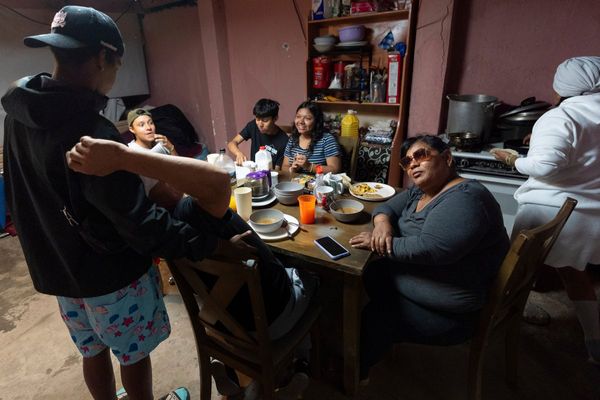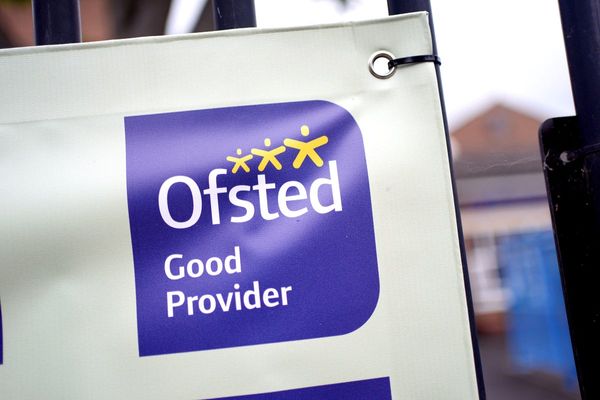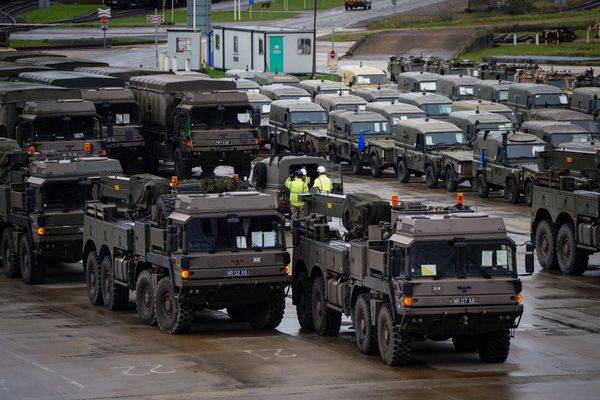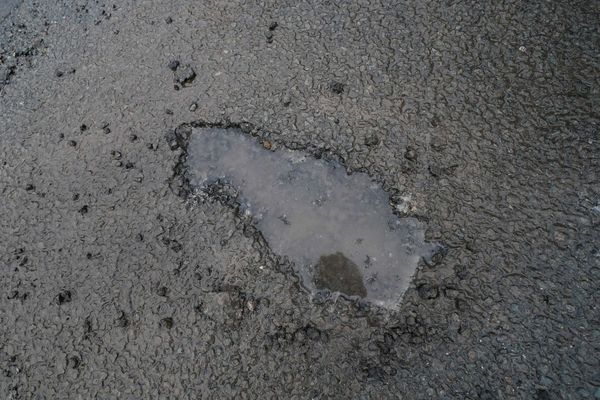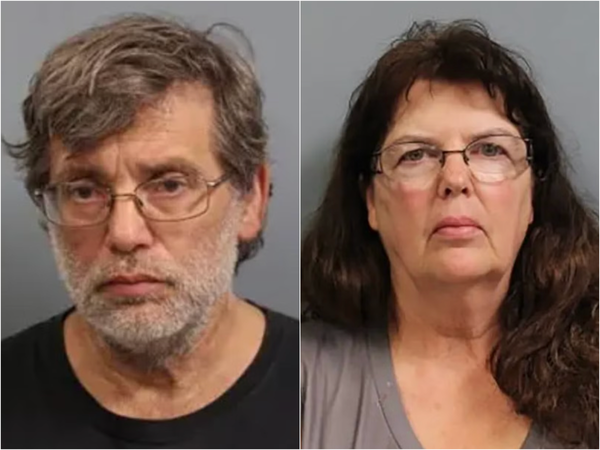A protester has been killed and at least ten other people critically injured after the Sri Lankan police opened fire on demonstrators in the town of Rambukkana, the first time the authorities have used deadly force against protesters after weeks of unrest.
Footage shared on social media shows protesters carrying multiple wounded people to hospitals and live ammunition rounds littering the streets.
Tens of thousands of protesters had gathered on a highway that connects Rambukkana to the country’s capital of Colombo on Tuesday morning after it was announced that the prices of fuel and diesel would again be increased, this time by 33 and 64 per cent, respectively.
A Sri Lankan police spokesperson, Nihal Thalduwa, confirmed that forces had opened fire on demonstrators in Rambukkana. Mr Thalduwa added that the measure was taken after protesters threw stones at police.
Earlier on Tuesday afternoon, police had also fired tear gas after protesters allegedly tried to set fire to vehicles.
Sri Lanka has been gripped by hundreds of spontaneous, peaceful protests in recent weeks amid an ongoing surge in the cost of essential foodstuffs, fuels and medicines owing to rampant inflation.

Since January, the price of vegetables has increased by fivefold and the cost of rice by 30 per cent. Many Sri Lankans say they are only able to afford one or two meals a day.
But, this is the first reported killing of a protester during the weeks of anti-government protests in the country. Previously the police had only used water cannons and tear gas to dispel unrest.
There are fears that violence could continue. The Sri Lankan media reported on Tuesday that demonstrators had surrounded the main police station in Rambukkana and were throwing stones at the building.
Demonstrators are demanding that Sri Lanka’s President, Gotabaya Rajapaksa, and his brother, Mahinda, the country’s Prime Minister, resign.
The Rajapaksas have so far refused to step down and instead have approached the International Monetary Fund for a bailout.
Sri Lanka owes international lenders, including China, over £27 billion but has only around £1.7 billion of foreign exchange in reserve.
Protect yourself and your family by learning more about Global Health Security
